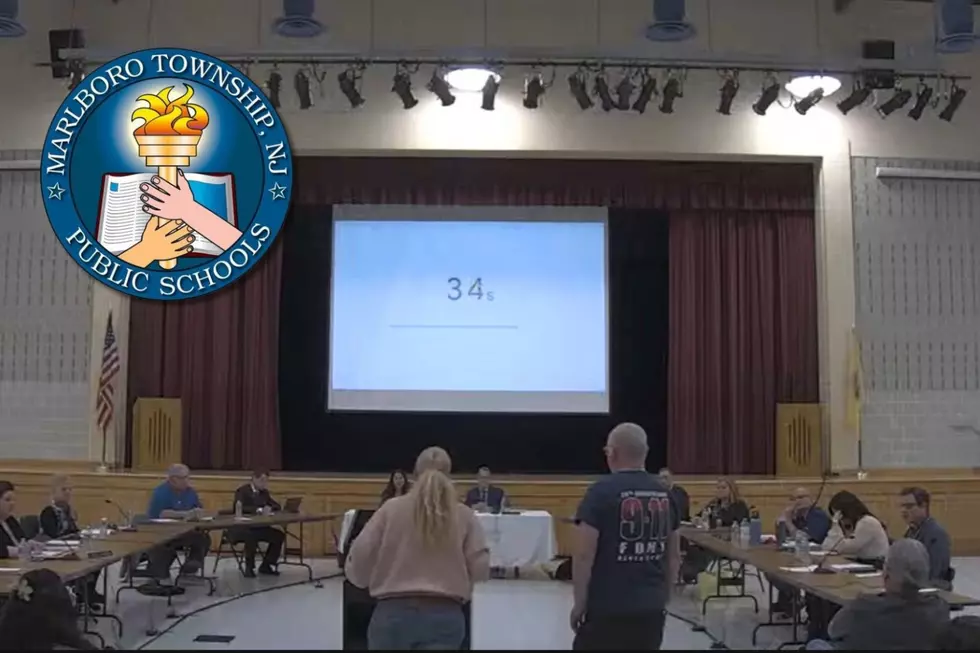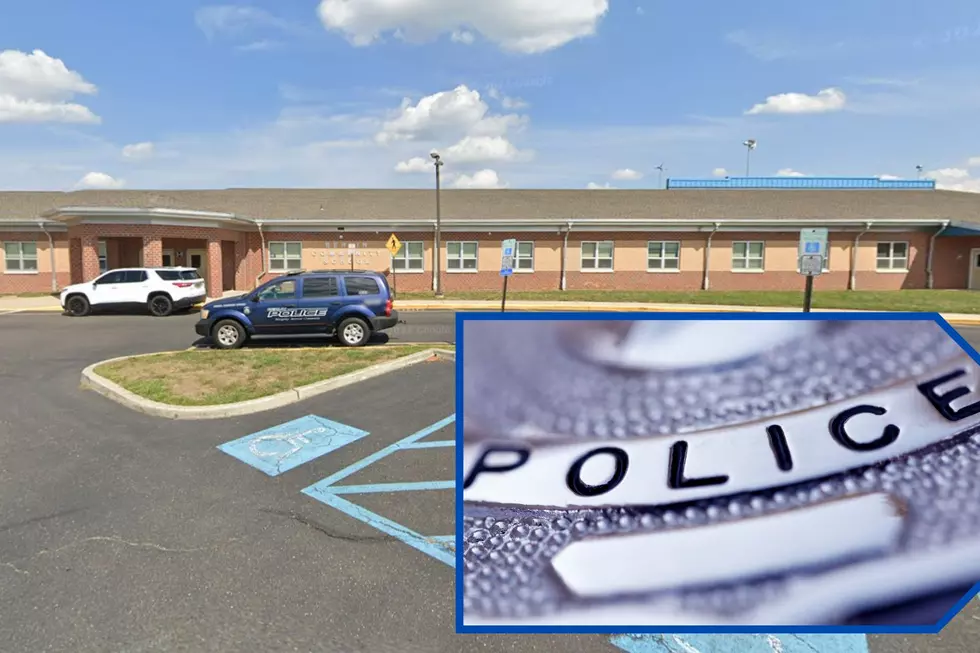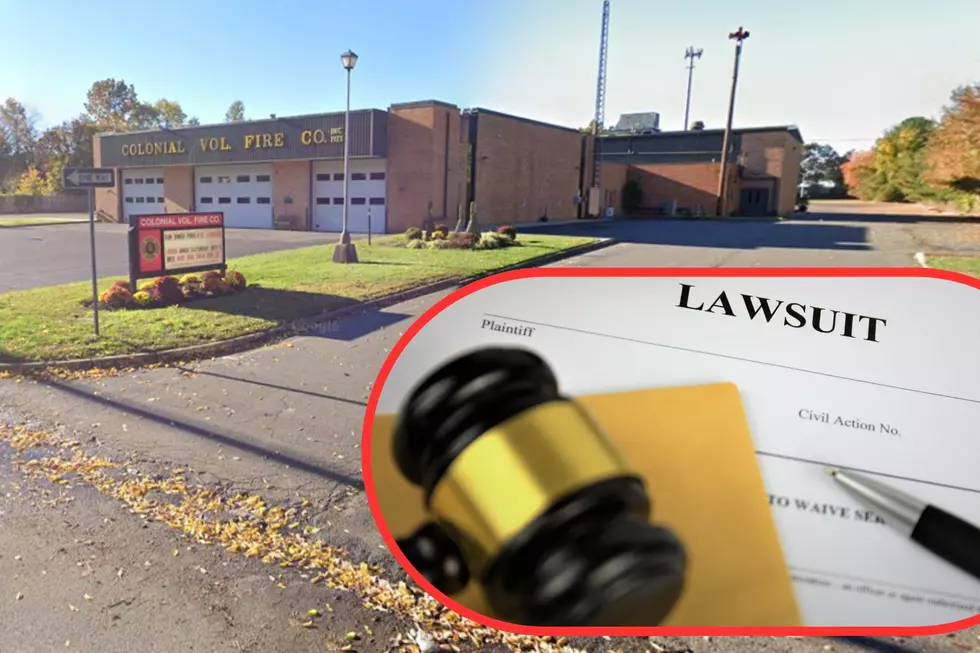
Insurance companies profited from NJ worker’s comp loophole, costing millions
A new report from the state’s top watchdog finds a “loophole” policy adopted by the Division of Workers Compensation 15 years ago relieved insurance companies of their obligation to pay injured employees — and cost New Jersey taxpayers millions of dollars in state pension fund payouts.
According to State Comptroller Kevin Walsh the policy, designed to settle cases, encouraged severely injured public workers to accept continuing medical monitoring and coverage instead of cash settlements.
He said this approach placed the financial obligation on state pension funds to pay workers, rather than insurance provided by joint insurance funds and private insurers who agreed to pay benefits to public workers.
The report finds at least 114 public employees received both an accidental disability pension and a medical monitoring settlement between 2016 and 2019.
Walsh said these individuals received “what is in effect a supplemental insurance policy, which is inconsistent with the law, but saves the insurers lots of money because they then don’t have to pay out any further payments to the injured worker.”
He pointed out when cases were settled in this way, lawyers for the injured state workers got paid their normal workers’ compensation fees even though their clients did not receive a big cash payout from an insurance company, opting instead for an accidental disability pension.
At the same time he said “the injured workers got a supplemental insurance policy that in many cases they probably wouldn’t need because they probably retired with health insurance.”
Walsh stressed this loophole allowed insurance companies to save huge amounts of money because the burden of payment was shifted to the state pension fund.
“For every dollar that the insurers saved,” he said, “the pension funds had to pay out a dollar.”
The report did not put an exact figure on how much the pensions lost but Walsh said it could be in "the millions range."
He said his office has long focused on “looking out for waste, fraud and abuse in the state’s pension funds, which is really important in New Jersey because the pension funds are already underfunded and any waste that is occurring makes that worse.”
He said the Office of the State Comptroller began the investigation after receiving a complaint that public employees were being encouraged to seek medical monitoring settlements in order to avoid pension offsets.
After receiving the report, the Division of Workers Compensation, which is part of the New Jersey Department of Labor and Workforce Development, issued memo rescinding the policy, which means this type of settlement in workers’ compensation cases is now prohibited.
You can contact reporter David Matthau at David.Matthau@townsquaremedia.com
COMPARE: Highest 2020 property taxes in each county
LOOK: 50 Black actors who made entertainment history
More From New Jersey 101.5 FM









